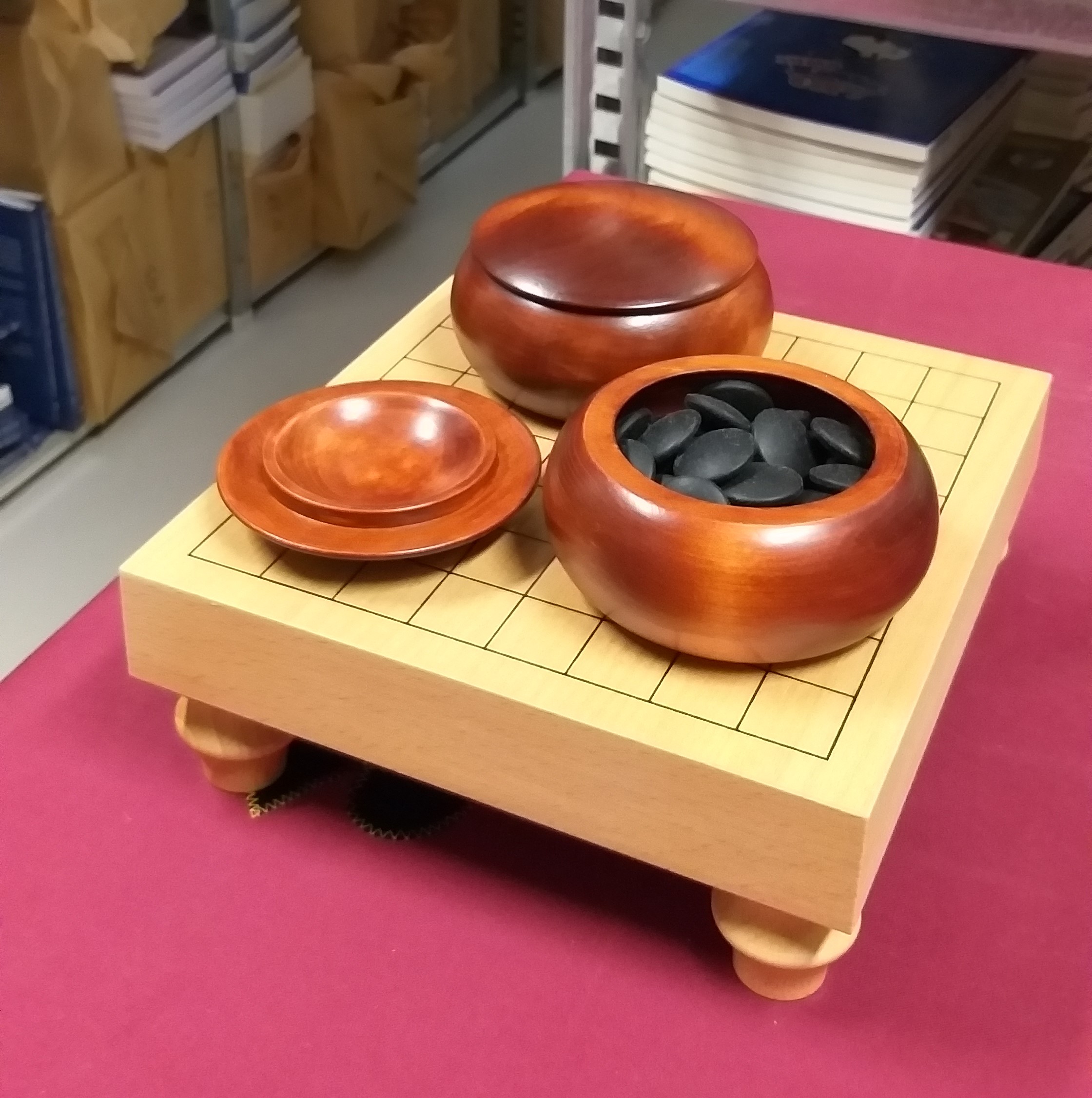
a multicolor touch screen provides numerous features, for example, you can arrange a live stream simply by sharing a link to your game. games are automatically recorded for later study. play against remote opponents that are also using the AI Go Board, or choose the level of AI and play in man-versus-machine mode. built-in AI go programs such as KataGo, Leela and Golaxy to analyze your games. a real board – you can play with single-convex stones. The IZIS AI Go Board is an all-in-one goban. Moves suggested by the AI are highlighted We are already in the third generation of our product. Over 10,000 sets have been sold in China and other countries all over the world both amateurs and professionals highly praise the AI board. When the professor passed away in 2016, the IZIS team had no idea whether the project would be successful or not the only belief that supported everyone moving forward was to carry on the Professor’s last wish – to create the AI go board.Īfter thousands of attempts and failures, the IZIS AI Go Board was finally released to market in 2019. Unfortunately, Professor Wu had been seriously ill from the outset of the project he used to say that he forgot the pain while playing go. The first character 隐 means “hidden” and is a character from one of the names for go in China – 坐隐.The second character 智 means “intelligence” or “wisdom”. In 2014, the IZIS company was founded in Changsha for this purpose. With all that in mind, his team took to the drawing board in order to develop a truly intelligent goban. 
He also believed the game would become more and more popular in accordance with the improving standards of living globally.

Professor Wu believed go could help develop children’s intellectual abilities and keep the elderly mentally engaged, thus delaying the aging process. Wu Kun at his workplace at the Central South University. They named their program “MyGo.”Īfter six years of theoretical research, MyGo won the computer go championship in China in 2014 and represented China in the 1st World Computer Weiqi Tournament in Beijing, competing against other programs from different countries, such as Zen, DolBaram, Ray, Many Faces of Go, TeamPachi and GoLois. Their idea was for their AI to help people, especially kids, to learn go in an entertaining way. in Mathematics and Statistics – began developing an AI program with the help of his students at the Central South University in Changsha, Hunan province of China. Fourteen years ago, a go enthusiast named Professor Wu Kun – Ph.D.






 0 kommentar(er)
0 kommentar(er)
